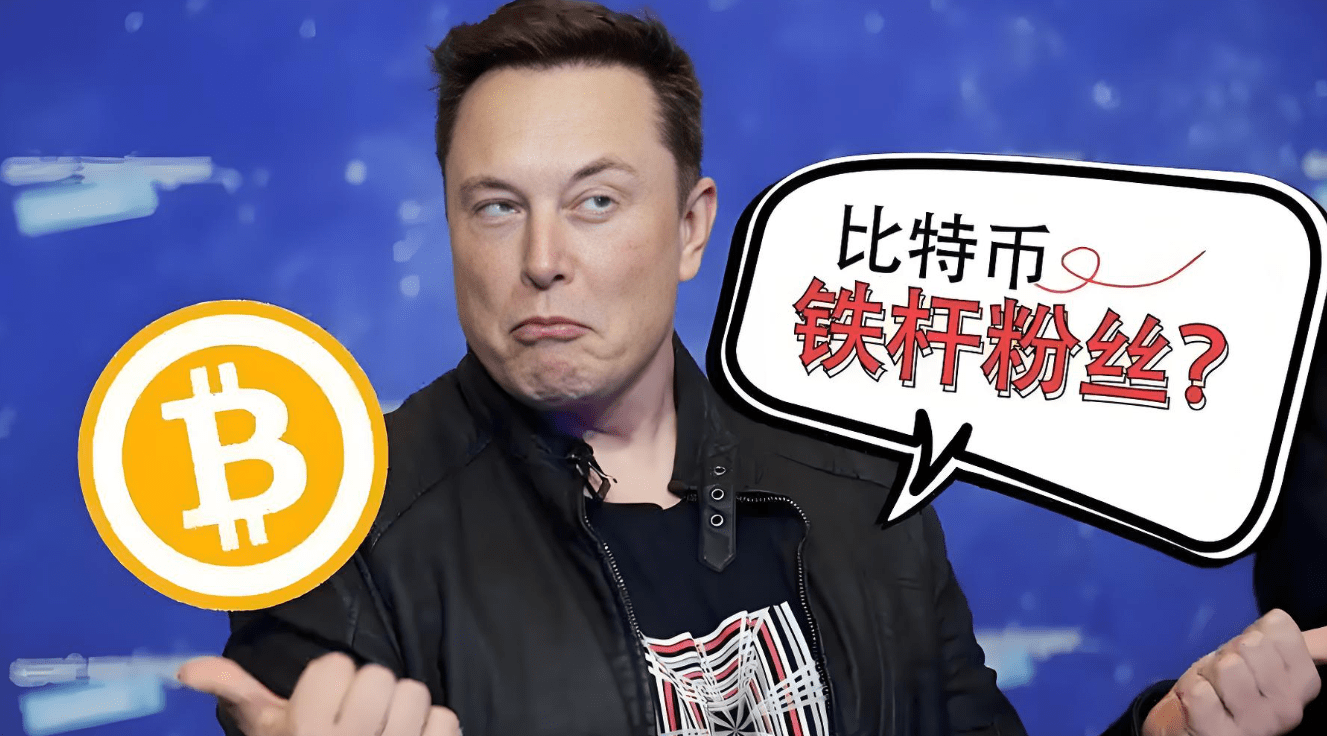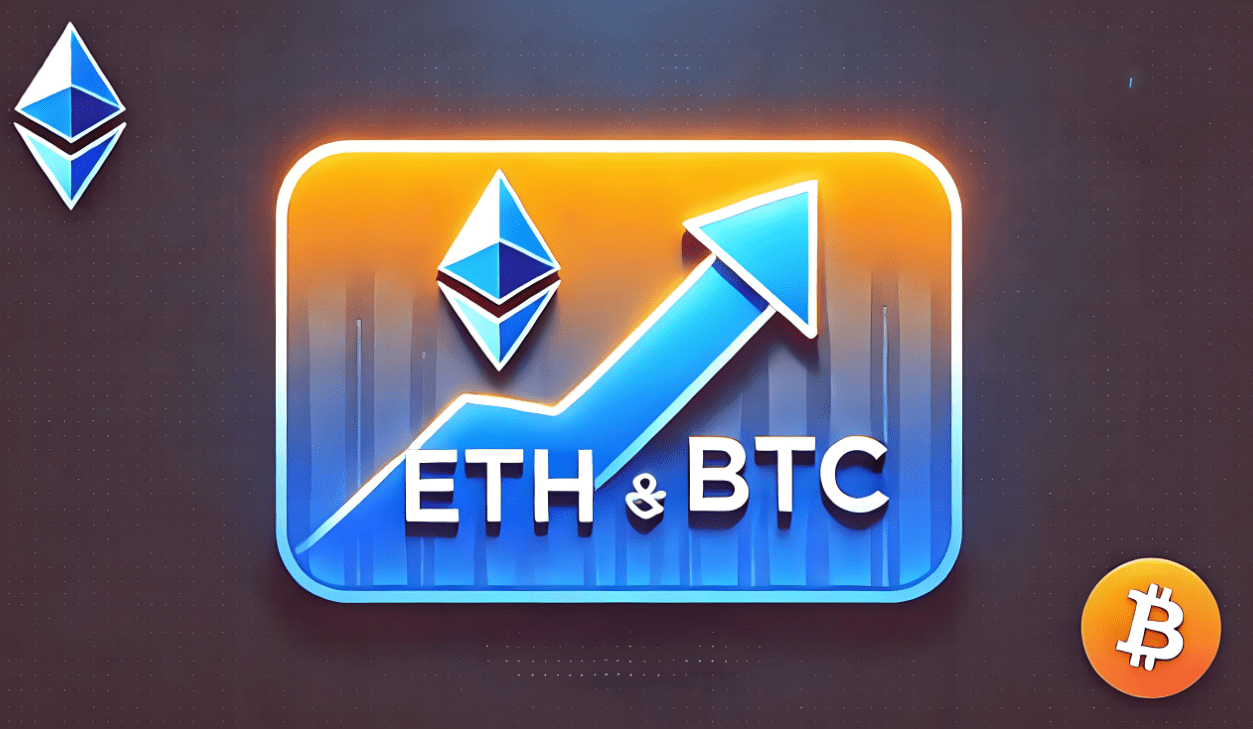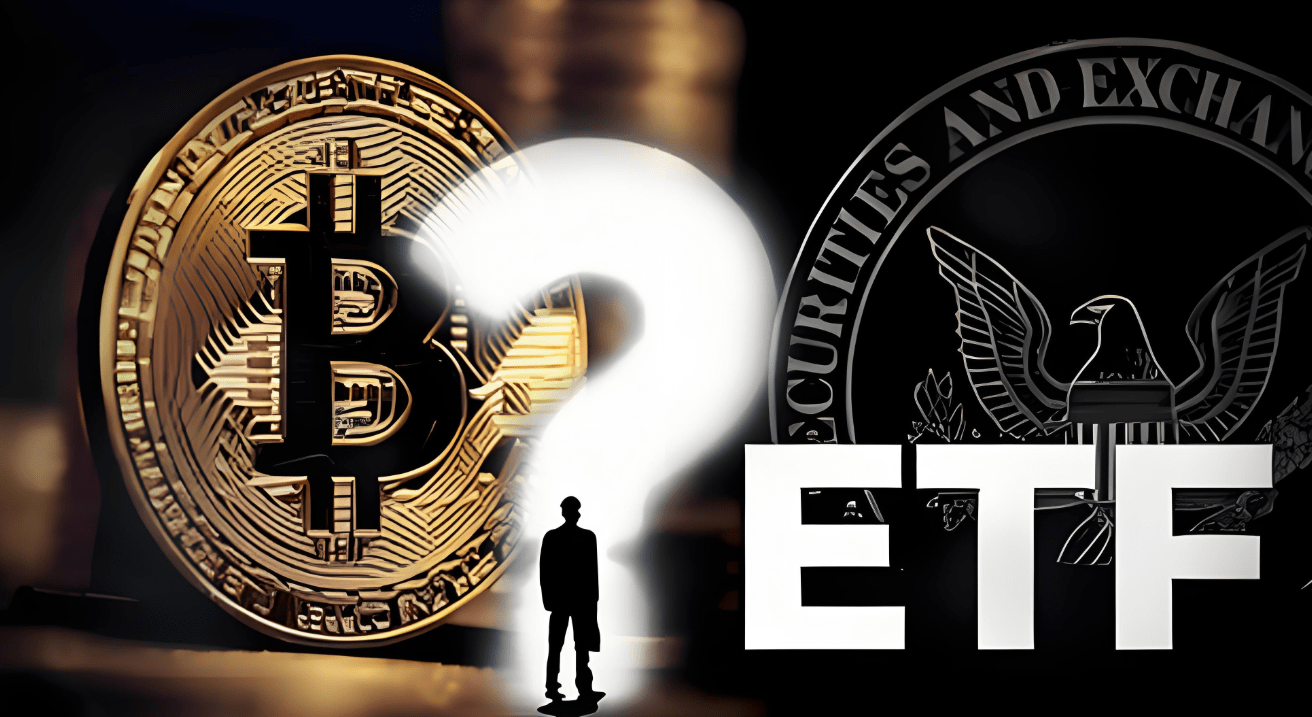JPMorgan CEO Jamie Dimon raised the hand that once denounced Bitcoin, personally opening the door to Wall Street's vault—cryptocurrency has gained access to collateral from traditional financial giants for the first time.
JPMorgan is about to accept Bitcoin and Ethereum as collateral for loans! This news hit the crypto market like a deep-sea bomb, instantly creating huge waves.
It should be noted that this financial mogul, Dimon, publicly blasted Bitcoin as a 'scam' in 2017, claiming that 'traders speculating on cryptocurrencies would be fired.' Now he has made a 180-degree turn: 'I defend your right to buy Bitcoin!'

Whales are entering the market, and Wall Street's 'real fragrance law' is now in play.
JPMorgan plans to accept Bitcoin, Ethereum, and other cryptocurrencies directly as collateral for loans as early as next year. This marks the official opening of a crack in the door of the traditional financial system to crypto assets.
It should be noted that JPMorgan only allowed clients to use cryptocurrency ETFs as collateral this June. Now, just a month later, they have directly stepped into the spot collateral field, a move that is astonishing.
Even more explosive is that Goldman Sachs currently still refuses to accept cryptocurrency as collateral, but Morgan Stanley is considering launching cryptocurrency trading services. The crypto race among Wall Street giants has officially begun!
Dimon's softened attitude is no coincidence. After the Trump administration took office, regulation of cryptocurrencies clearly shifted to a more lenient stance. More critically, on July 18, Trump just signed the GENIUS Act—the first congressional regulatory framework for stablecoins in the U.S.
The regulatory fog is dissipating, and the doors of the banks' vaults are slowly opening.

Behind the mortgages, a global stablecoin revolution is sweeping the world.
As JPMorgan tests the waters of crypto mortgage lending, another financial revolution is unfolding globally—stablecoins are reshaping the global payment system.
The year 2025 can be called 'the year of stablecoins': the global stablecoin market cap will exceed $250 billion, with an annual trading volume reaching $35 trillion, surpassing even the total transactions of Visa and Mastercard.
Payment giants are scrambling to stake their claims: Visa collaborates with crypto exchanges to lay out cross-border stablecoin payments, Mastercard launches stablecoin payment solutions covering 150 million merchants, and PayPal has already released its own stablecoin, PayPal USD.
Even more shocking is JD.com's Liu Qiangdong's declaration: 'JD will apply for stablecoin licenses in major currency countries around the world, reducing cross-border payment costs by 90% and improving efficiency to within 10 seconds!'
The iron curtain of cross-border payments is being torn apart by blockchain technology, and a revolution of payment settlement has already arrived.

Undercurrents are stirring: the technological undercurrents and regulatory games behind mortgages.
JPMorgan's crypto mortgage lending is not a smooth path. According to the Basel III Accord, banks must assign a 1250% risk weight to directly holding cryptocurrencies. This is like tying a bomb to the bank's balance sheet.
Technical challenges are equally daunting: if a client defaults, how will the bank quickly liquidate the seized cryptocurrency? How will the anti-money laundering pressures arising from anonymity be resolved?
JPMorgan's breakthrough approach is to collaborate with third-party custodians like Coinbase. This 'bank + exchange' model may become the industry standard but also lays the groundwork for regulatory arbitrage risks.
What is even more intriguing is that there exists a common taboo in global stablecoin regulation: interest payments are strictly prohibited. While this seems to protect the banking system, it is actually the last moat of traditional finance—when stablecoins can both pay and earn interest, the migration of bank deposits will become unstoppable.
The cat-and-mouse game of regulation and innovation has just begun; where will the next domino fall?

The crypto market has never lacked wealth myths, but this time is different. When JPMorgan's vault opens to Bitcoin, when BlackRock's bonds run on the blockchain, when JD's stablecoins aim to reshape global payments—traditional financial systems are being reconstructed by blockchain.
Dimon's turnaround is significant. Eight years ago, he angrily denounced Bitcoin as a 'fraud'; now he says, 'I don’t think you should smoke, but I defend your right to smoke. Now I defend your right to buy Bitcoin.'
Wall Street's arrogance has finally bowed its proud head to blockchain, but this is just the beginning. The true wealth code lies within the value closed loop constructed by RWA and stablecoins, hidden in the overwhelming waves of traditional assets surging onto the blockchain.
In the next three months, a far-reaching regulatory shift is brewing in Hong Kong—on August 1, the stablecoin regulation will officially take effect, and offshore RMB stablecoins are about to break out. Did you understand this round of dividends?
The consolidation will continue to deeply track global financial variables, taking you through the fog and allowing for early positioning.
Focus on consolidation; the consolidation team is now open for a limited time: secret report, revealing the precise coordinates of the next wave of wealth!
Blockchain does not eliminate the old world, but rather makes every brick in the vault flow.
Final question: would you rather be a lifelong 'retail investor' or focus on consolidation to become the next wealthy fan of consolidation?—At the moment of choice, the candlestick is watching you.